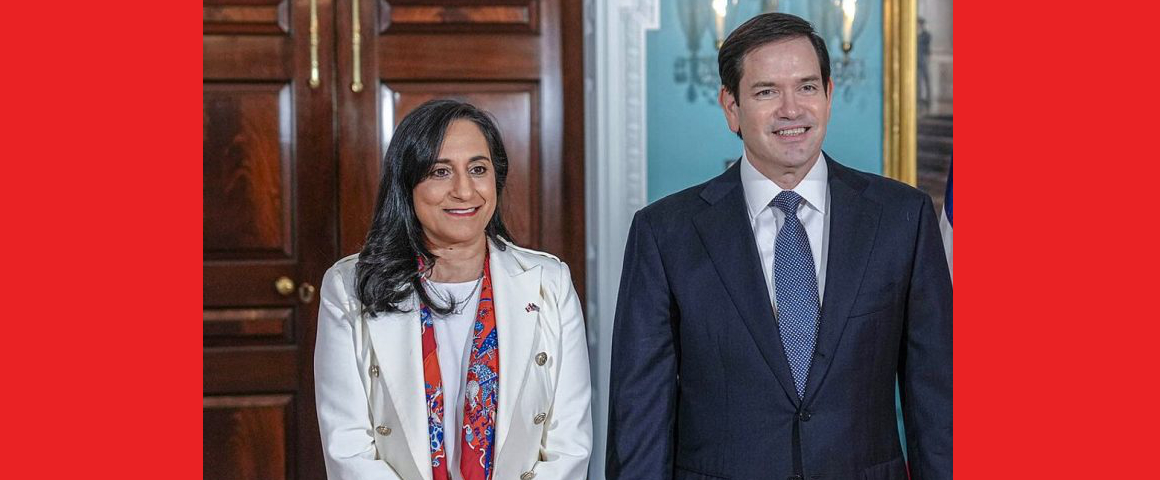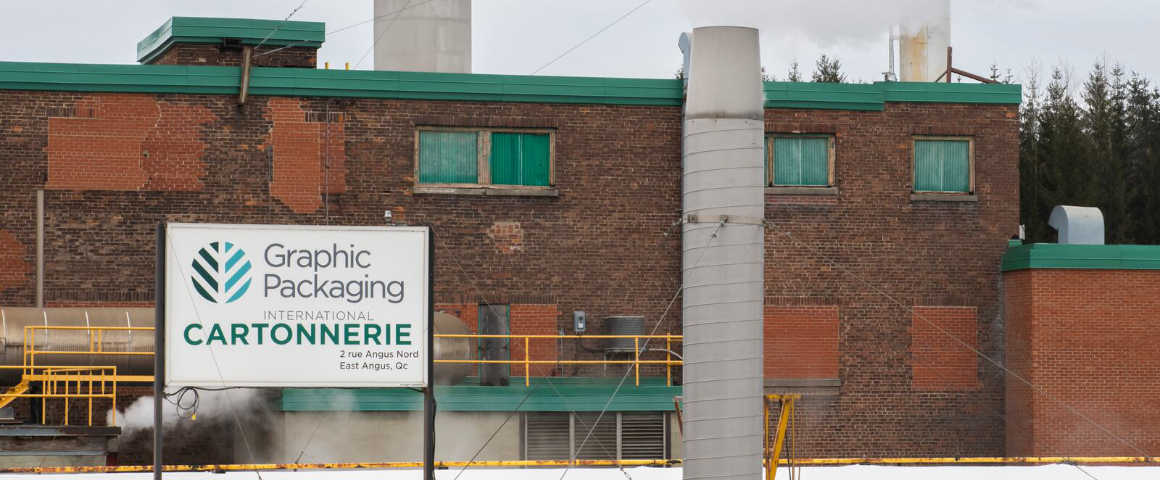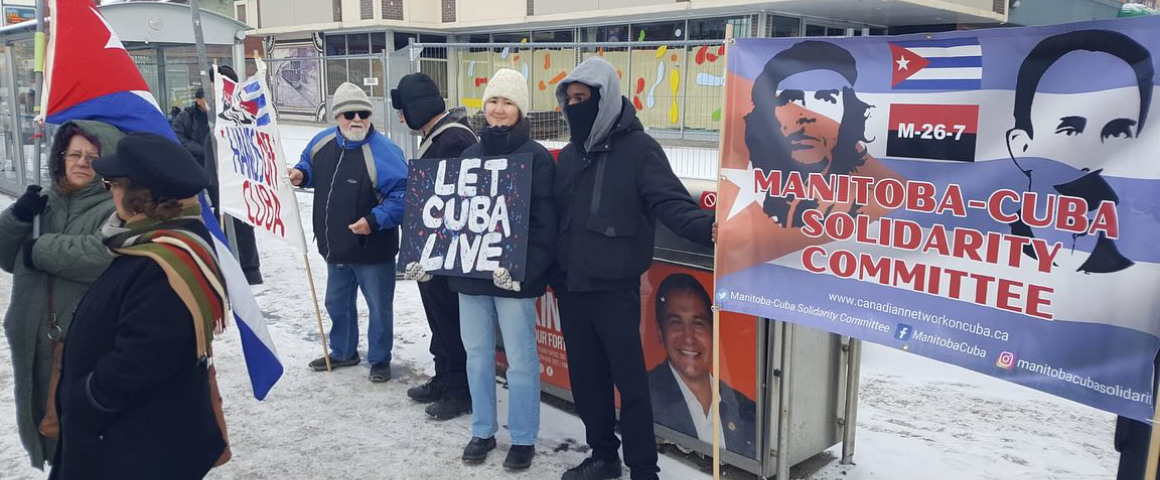The systemic racism directed at Indigenous peoples in Canada has been widely recognized for decades, but in many key respects, little progress is being made. In fact, some recent reports indicate that the situation may be getting worse, not better.
One example concerns incarceration rates for Indigenous people, who make up five percent of the poulation. The latest Statistics Canada report says that in British Columbia, Indigenous people accounted for 30 per cent of the men and 47 per cent of the women imprisoned in 2016-17, up from 20 per cent and 29 per cent ten years earlier. As the Vancouver Sun’s Ian Mulgrew points out, these numbers have been increasing every year for more than a decade.
The crisis is similar across the rest of Canada. In 2016-17, Aboriginal adults accounted for 28 per cent of prisoners in provincial/territorial correctional institutions and 27 per cent of those sent to federal prisons. Across the country, Indigenous women made up a shocking 43 per cent of female prisoners.
Some 20 years ago, Parliament made changes to the Criminal Code intended to address the crisis of Indigenous overrepresentation levels. Judges were directed to consider the role that institutional racism may have played in charges against Indigenous people, and the Supreme Court proposed special pre-sentence submissions (“Gladue reports”) providing detailed information about the background of offenders.
But since that time, the percentage of Indigenous prisoners has nearly doubled, despite further efforts to tackle the issue such as the Truth and Reconciliation Commission recommendations.
Among the provinces, Aboriginal adults made up the greatest proportion in custody in Manitoba (74 per cent) and Saskatchewan (76 per cent). These two provinces also have the highest proportion of Aboriginal adults among their populations, 15 per cent for Manitoba and 14 per cent for Saskatchewan.
As Mulgrew writes, “On an average day during 2016-17 there were 39,873 Canadian adults in provincial/territorial and federal custody… Institutional costs were about $288 a day for federal offenders ($105,286 per year) compared with $213 per day for provincial and territorial offenders ($77,639 annually).”
Another indication of the ongoing impact of institutional and structural racism comes in a complaint filed by the Union of BC Indian Chiefs (UBCIC) and the BC Civil Liberties Association (BCCLA) calling for “an immediate investigation of the significant racial disparity revealed in Vancouver Police Department’s practice of `street checks’ or police stops, often referred to as carding.”
The terms are familiar in other parts of Canada, such as the police practice in Toronto and other cities of stopping members of racialized communities person outside of an investigation, questioning them, obtaining their ID, and often recording their personal information. The BC complaint is based freedom of information data from the Vancouver Police Department website, revealing that Indigenous and Black people are significantly over-represented in the numbers of street checks conducted by the VPD.
The data on 97,281 street checks conducted between 2008 and 2017 shows that 15% of these checks were of Indigenous people, who make up only 2% of the city’s population. During those years, about 4% of all street checks targetted Black people, who make up less than 1% of the population. The trend in recent years is for this disparity to widen, not decline.
As UBCIC vice-president Chief Bob Chamberlin states, “The statistics on racial disparity in street carding demonstrate the lived reality of institutional racism that our people face despite the public rhetoric and celebrations around reconciliation. We can’t be any clearer – this must be investigated, the VPD must publicly apologize and make an immediate commitment to change their terribly discriminatory practices.”
Elaine Durocher, a Métis grandmother and board member of Downtown Eastside Women’s Center, says, “We experience the racist practice of VPD street checks every day in the Downtown Eastside. As Indigenous people and people of colour living in poverty, we are routinely stopped by the police on every block – from our home, to the food lineup, to our volunteer work – for no reason other than to question and intimidate us. For Indigenous women surviving colonial gendered violence, which is the subject of the national inquiry currently under way, street checks are yet one more way that we are over-policed and under-protected on our own lands.”
Black Lives Matter Vancouver adds: “Over the past few years that Black Lives Matter has existed in Vancouver (unceded Musqueam, Squamish and Tsleil-Waututh lands), we’ve come to notice there is a stringent denial of the existence of racism in Canada. Many people ask us ‘why is there a need for a Black Lives Matter chapter in Vancouver?’ because they are convinced that racialized issues like police violence, carding, racial profiling, #drivingwhileblack and so on, are issues unique to the United States and Eastern Canada. The recent report alongside the numerous other reported instances of anti-Blackness in Vancouver, such as the physical assault of Solomon Akintoye, the racial profiling and tasering of Jamiel Moore-Williams, and the violent handling of a young black girl in Surrey by the RCMP, further proves the necessity of fighting against racism in this city and this country.“
June Francis, co-chair of the Hogan’s Alley Society, said: “Black and Indigenous people have long complained of systemic racism by the Vancouver police. The figures released on Vancouver police’s targeting of Indigenous and Black people for arbitrary street checks and police stops are alarming and should start to shed light on the daily reality of targeted populations who are far too frequently exposed to physical harm, humiliation and serious violations of their rights.”




